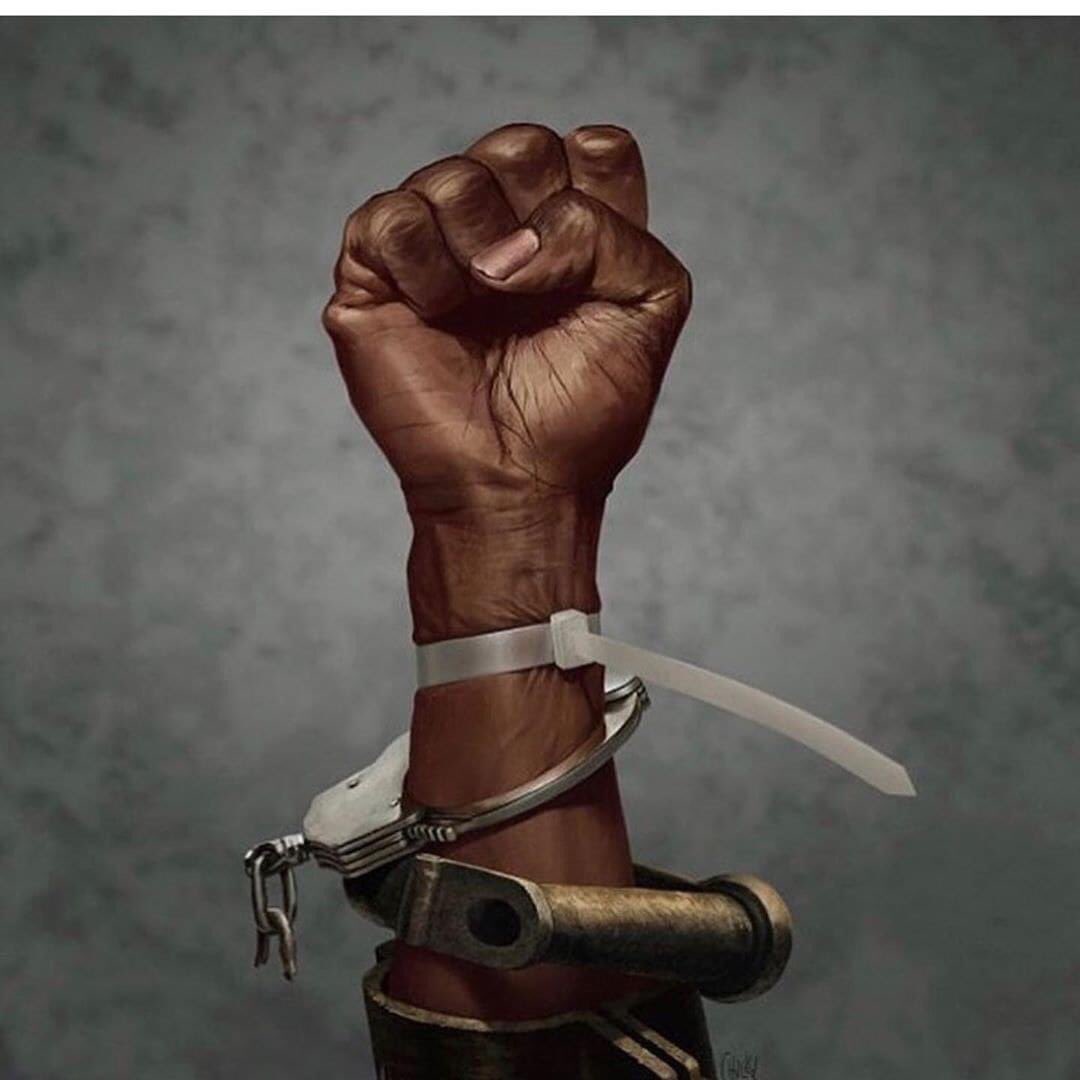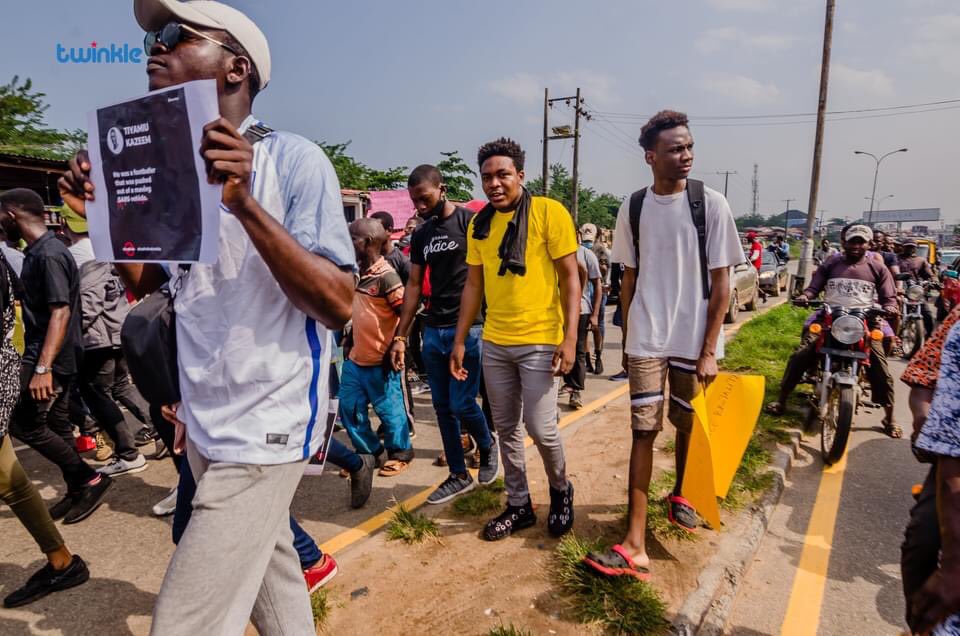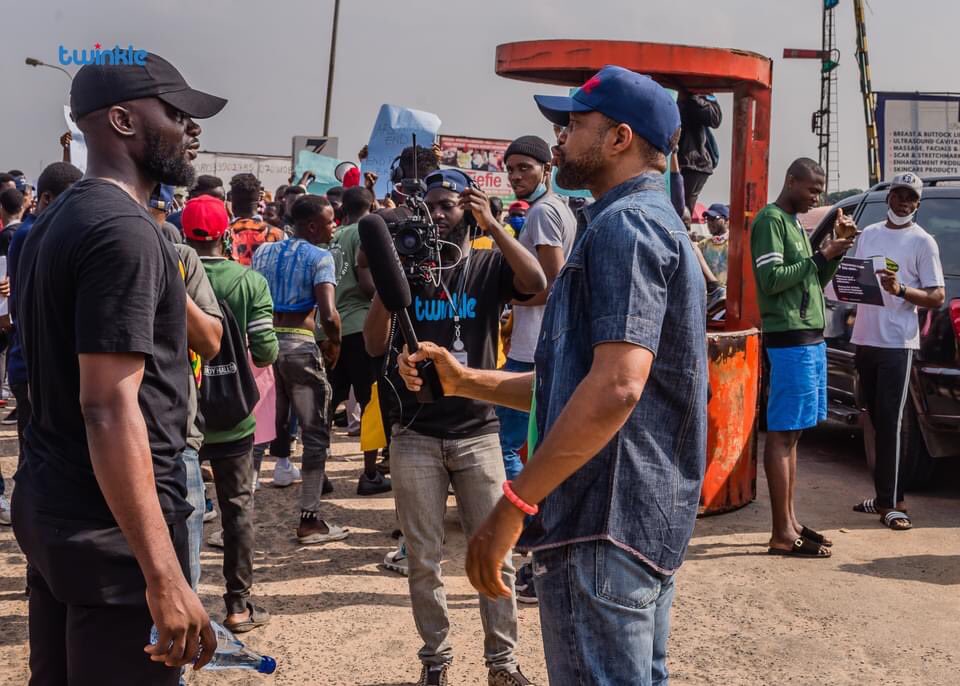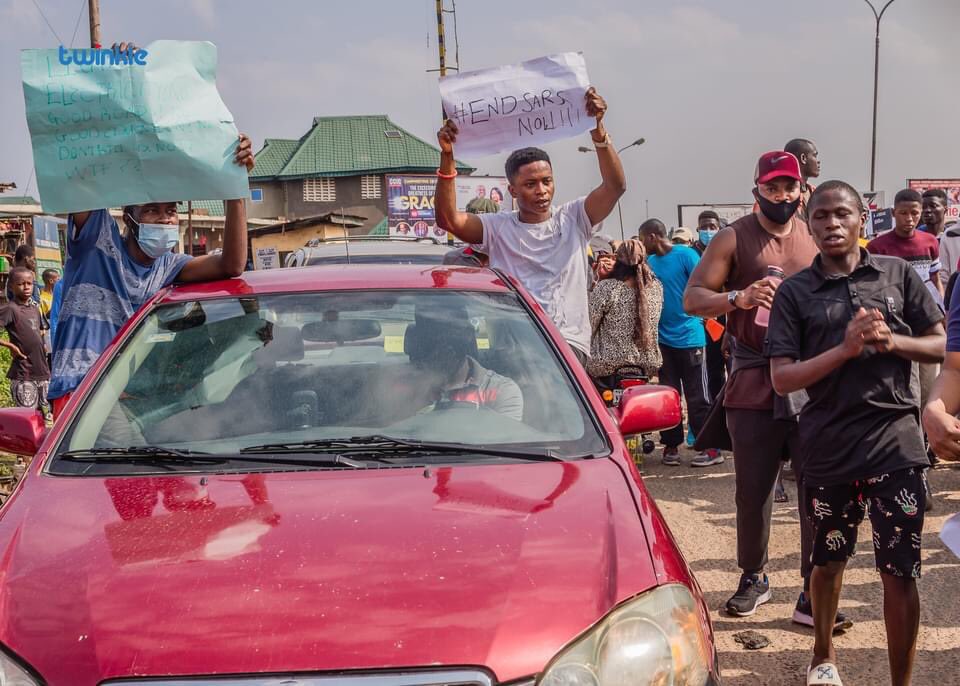THE TRAGEDY OF VICTORY
(On-the-spot Account of the Nigeria-Biafra War in the Atlantic Theatre)
The book is a chronological narrative of the war that lasted from July 6, 1967 to January 15, 1970.
With about 500 photographs and maps, the book dwarfs all other previous
(On-the-spot Account of the Nigeria-Biafra War in the Atlantic Theatre)
The book is a chronological narrative of the war that lasted from July 6, 1967 to January 15, 1970.
With about 500 photographs and maps, the book dwarfs all other previous

publications on this subject matter in terms of depth of facts, coverage and accuracy.
The author brings to the fore the well-organised and efficient Third Marine Commandos, earlier commanded by Col. Benjamin Adekunle (with Lt. Col. G. Alabi-Isama, as the Chief of Staff) that
The author brings to the fore the well-organised and efficient Third Marine Commandos, earlier commanded by Col. Benjamin Adekunle (with Lt. Col. G. Alabi-Isama, as the Chief of Staff) that
already controlled the Atlantic coast from Bonny to Calabar before Col. Olusegun Obasanjo's arrival as the new commander .
This most revealing book is in three parts. The first part is an account of the author's early life and his first encounter with the army.
This most revealing book is in three parts. The first part is an account of the author's early life and his first encounter with the army.
The second part is about the real combat. It outlines, in detail, the strategies and tactics the commandos employed during the historic 480km trek from Calabar to Port Harcourt.
The third part is an expose on Obasanjo's book, My Command. The author contests Obasanjo's claims
The third part is an expose on Obasanjo's book, My Command. The author contests Obasanjo's claims
about the war as being inconsistent with the truth.
The book is a rich manual,a repository of invaluable information, a document that gives a precise, veritable first-person account of the Nigerian civil war, in the Atlantic theatre.
(Description on the back page of the book)
The book is a rich manual,a repository of invaluable information, a document that gives a precise, veritable first-person account of the Nigerian civil war, in the Atlantic theatre.
(Description on the back page of the book)
Author: Godwin Alabi-Isama
671 pages
Paper back
Interested in a copy?
Tap the link:
udarabooks.com/home/94-the-tr…
Contact Udara Books:
Whatsapp: +2347012941837
Email: reviews@udarabooks.com
Facebook/Instagram/Twitter @udarabooks
Delivering to the states of Nigeria
#UdaraBooks
671 pages
Paper back
Interested in a copy?
Tap the link:
udarabooks.com/home/94-the-tr…
Contact Udara Books:
Whatsapp: +2347012941837
Email: reviews@udarabooks.com
Facebook/Instagram/Twitter @udarabooks
Delivering to the states of Nigeria
#UdaraBooks
• • •
Missing some Tweet in this thread? You can try to
force a refresh




















